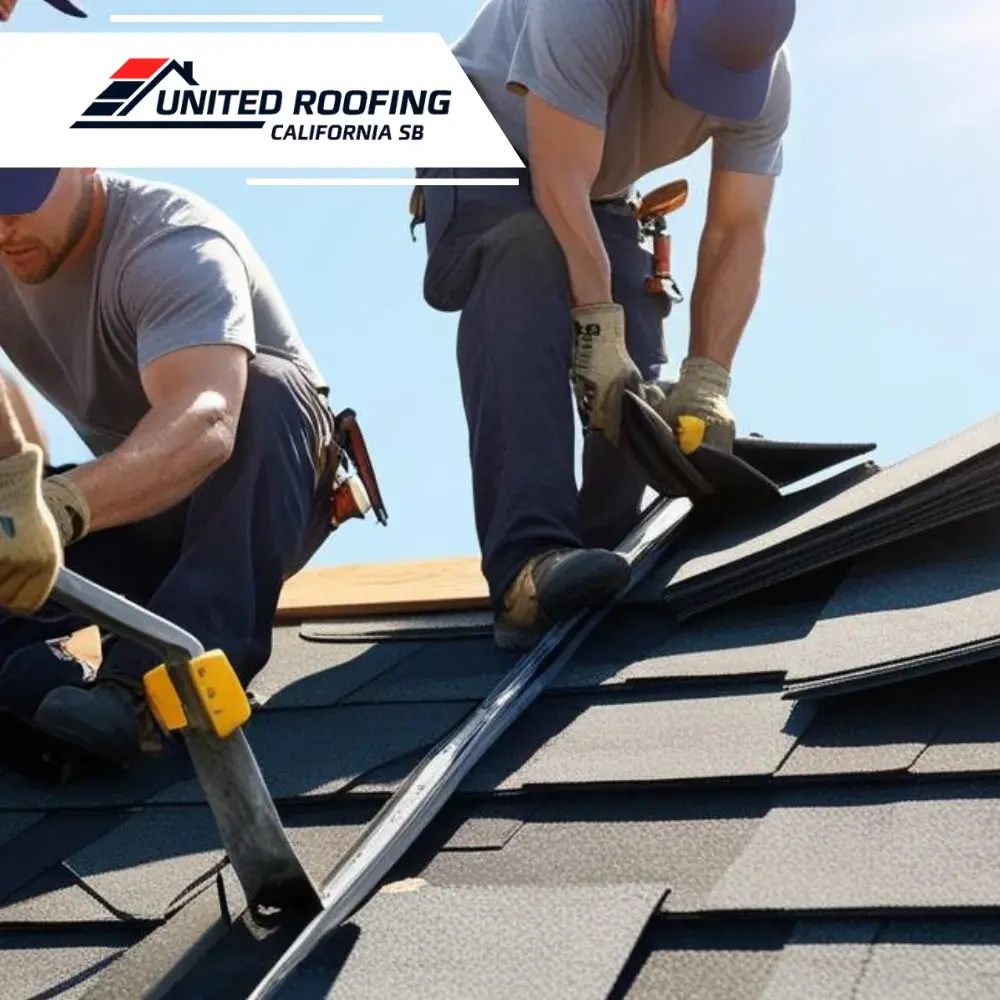During any roofing replacement project, one of the first areas a specialist examines is the roof deck. This critical layer serves as the structural foundation for the entire roofing system, and its condition directly affects the durability and performance of the new installation. A thorough inspection ensures that the new materials will be properly supported, avoiding future complications and protecting the overall investment. Specialists know that overlooking even minor issues can lead to major problems later on.
Signs of Moisture Damage and Rot
One of the main concerns during a roofing replacement evaluation is hidden moisture damage. Specialists check for discoloration, softness, or the presence of mold and mildew, which often indicate that water has infiltrated the deck. Left unaddressed, moisture can weaken the structural integrity of the roof and create ongoing problems with leaks and insulation. Early detection of rot allows for targeted repairs, ensuring the new roofing system will perform as intended.
Assessing Structural Strength and Stability
A solid, stable deck is essential for supporting new roofing materials under all weather conditions. Roofing experts test for sagging, warping, and uneven surfaces that may suggest compromised areas. During the roofing replacement process, any sections of the deck that fail to meet strength requirements are either reinforced or replaced entirely. This step is crucial for maintaining safety, meeting local building codes, and ensuring the longevity of the roof.
Checking for Proper Fastener Attachment
A roof deck must securely hold nails, screws, and adhesives to keep roofing materials in place over time. Specialists look for signs that the deck may be brittle, deteriorated, or too weak to retain fasteners properly. If the substrate does not provide a firm grip, it can lead to premature roof failures, such as lifted shingles or loose membrane systems. Ensuring optimal attachment capability is an important part of preparing the deck for a successful new installation.
Evaluating Ventilation and Drainage Conditions
Good ventilation and drainage are essential for the health of a roofing system. A roofing specialist checks that the deck design promotes proper airflow and prevents water pooling. Poor ventilation can trap moisture, encouraging rot and reducing energy efficiency, while inadequate drainage can lead to standing water that accelerates deck deterioration. Addressing these issues during a roof replacement project helps maximize the lifespan and performance of the new roofing system.
Learn More
Key Questions to Ask Before Replacing a Roof with an Unknown Deck Condition

